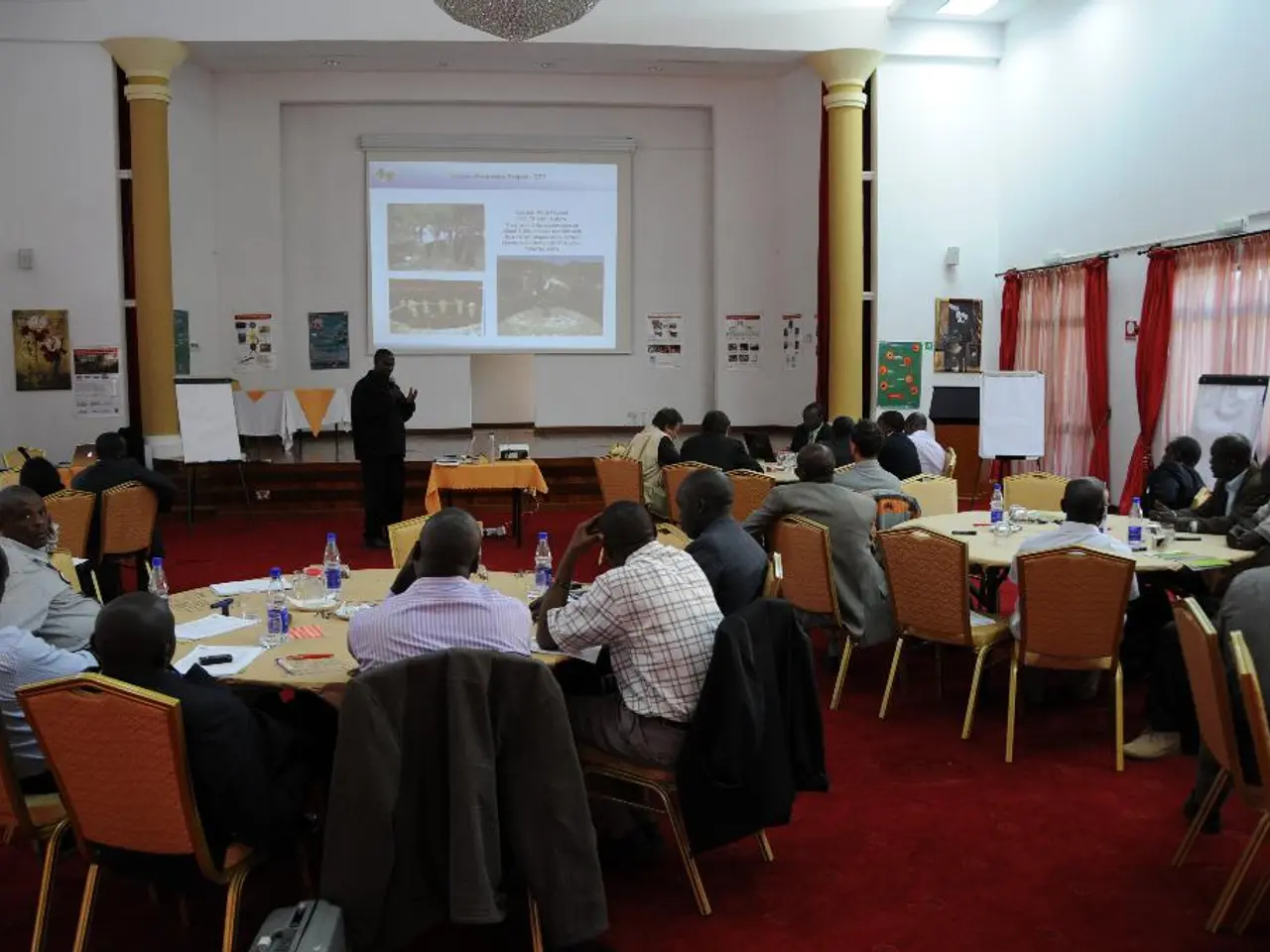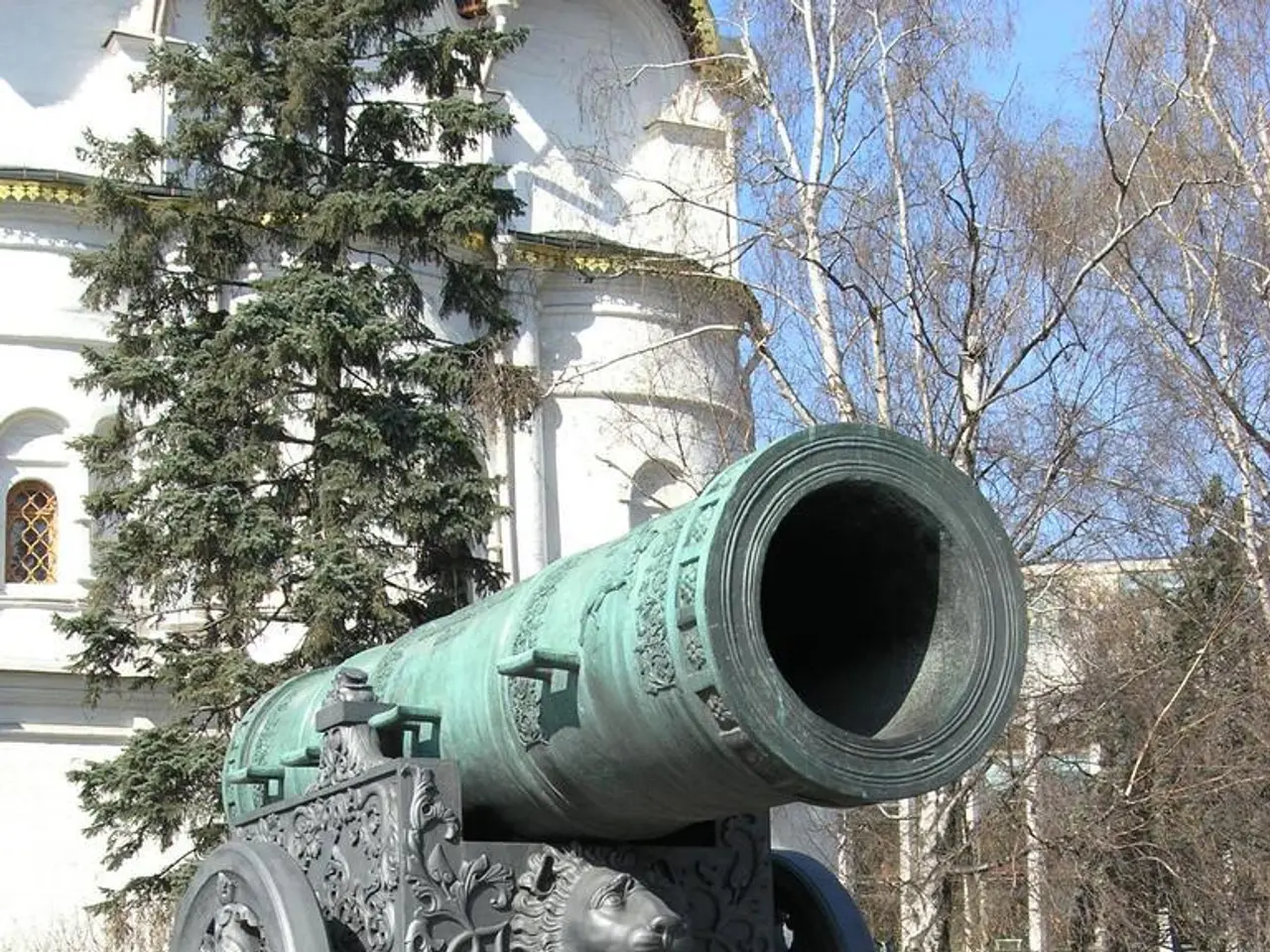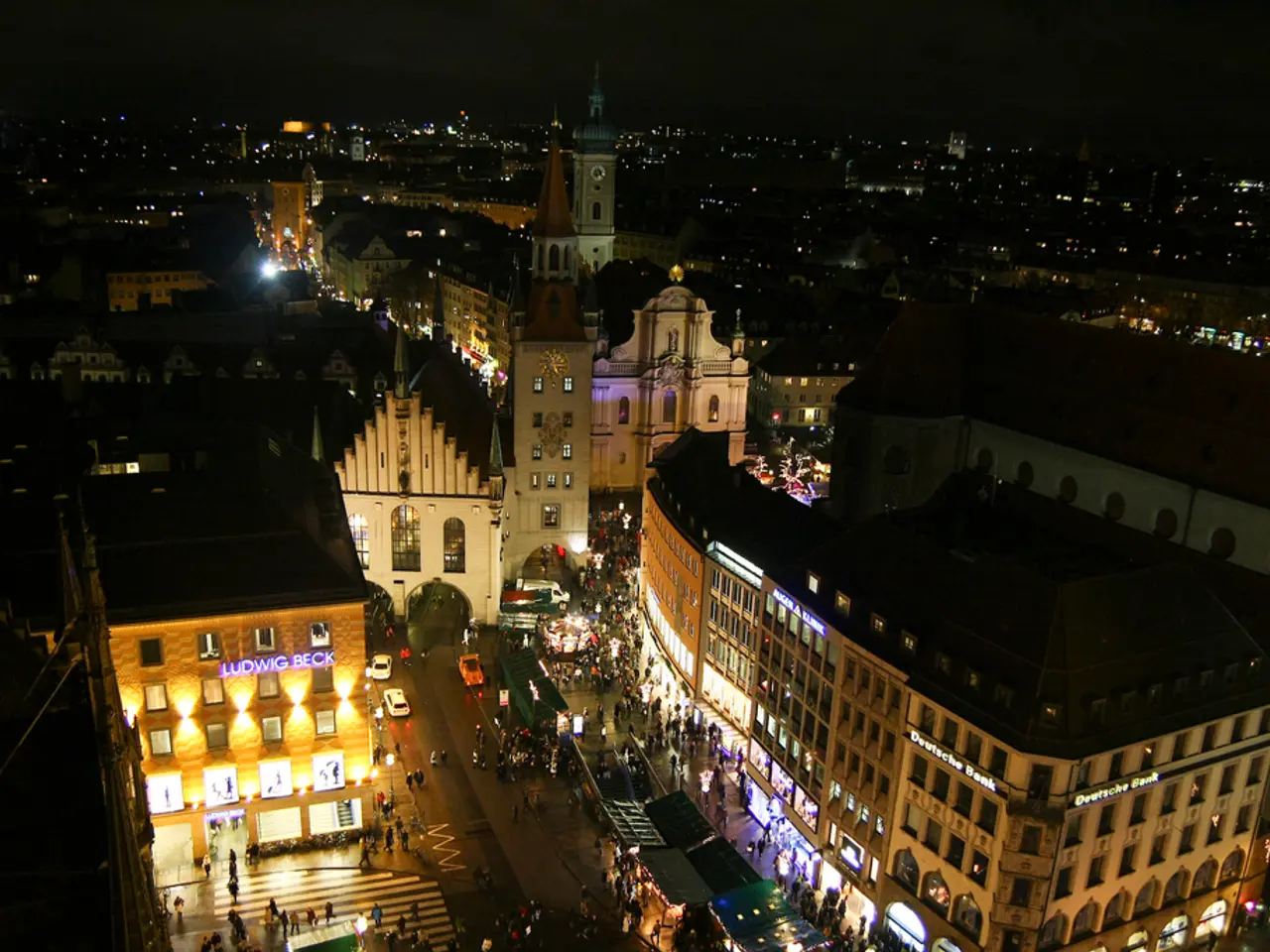The Dynamics of Rising and Falling Global Powers
The Potsdam Conference, held from July 17 to August 2, 1945, marked a pivotal moment in history. This critical Allied meeting, involving the United States (President Truman), the United Kingdom, and the Soviet Union (Stalin), was held in Potsdam, near Berlin. The conference addressed the post-war arrangement for Germany and Europe, the strategy toward Japan, and tensions that foreshadowed the Cold War.
Background
The conference followed the prior Yalta meeting and was centered on implementing decisions about Germany’s post-war demilitarization, denazification, democratization, decentralization, and deindustrialization—known as the “five Ds.” Germany was divided into four occupation zones controlled by the U.S., Britain, the Soviet Union, and France. Berlin and Austria were also similarly divided.
Poland’s western borders were redrawn (along the Oder-Neisse rivers), displacing millions of Germans. While the Allies aimed for peaceful reconstruction, Stalin insisted on Soviet dominance in Eastern Europe, leading to communist control of Romania, Hungary, and Bulgaria, with the Soviet Union resisting Allied interference.
President Truman informed Stalin of the U.S.’s new atomic bomb weapon, and the conference issued an ultimatum demanding Japan’s unconditional surrender, setting the stage for the atomic bombings of Hiroshima and Nagasaki.
Impact on Post-War Order
The conference formalized the division and governance of Germany and Austria under Allied occupation, setting up the mechanisms for control and reconstruction. It established the geopolitical realities of Eastern Europe under Soviet influence, marking the consolidation of Soviet control that contributed to the Cold War division of Europe.
The Potsdam decisions not only reflected wartime cooperation but also sowed seeds for the Cold War, as conflicting interests and distrust grew among the Allies, especially between the U.S. and USSR.
Impact on the Cold War
Potsdam marked a definitive shift from wartime alliance toward political rivalry, as Stalin’s firm stance on Eastern Europe clashed with U.S. and British views. The atomic bomb’s announcement and subsequent use heightened tensions and mistrust, accelerating the Cold War’s onset.
Relation to the United Nations
Although the United Nations was primarily conceived at the earlier Yalta Conference, the Potsdam Conference reaffirmed the Allies’ commitment to establishing an international organization to maintain peace and security. The three powers resolved to hold a conference in San Francisco in April 1945 to draft the UN Charter. The UN foundation was part of the broader Allied effort at creating post-war stability despite emerging East-West tensions.
In summary, the Potsdam Conference set the framework for post-war governance in Europe, confirmed Soviet dominance in Eastern Europe, and reflected and exacerbated rising Cold War tensions. It also indirectly supported the momentum toward establishing the United Nations for global peacekeeping, despite growing ideological divisions among the Allies.
The end of the Potsdam world order was sealed at a summit meeting in Malta in 1989, where Mikhail Gorbachev and George H.W. Bush agreed to leave one era and enter another, marking the end of the Yalta and Potsdam world order. There was agreement among the Allies regarding the criminal prosecution of war crimes and crimes against humanity, as seen in the Nuremberg trials.
The world order outlined at the Potsdam Conference largely remained intact for nearly four decades, but ultimately ended with a significant change in international power relations and the loss of attractiveness and defensive capability of one side, the real socialism. Twenty years after Potsdam, the Warsaw Pact states took the initiative to convene a conference on European security, aiming to legally fix the inviolability of borders and spheres of influence of the systems. The "Big Three" divided their spheres of influence in 1945 at Potsdam without consulting the people, securing the status quo for both Eastern and Western powers. Democratization was particularly subject to interpretation, with some parties aiming to secure power and property relations of German capital, while others aimed to overcome them by orienting towards a potentially socialist society.
Politics and general news might discuss the implications of the Potsdam Conference, where conflicting ideologies and interests key players like the United States, United Kingdom, and Soviet Union resulted in the division of Germany and the consolidation of Soviet control in Eastern Europe. This, in turn, served as a foreshadowing of the Cold War and had a lasting impact on post-war European politics. Additionally, the Potsdam Conference played a crucial role in shaping the diplomatic landscape and the creation of the United Nations, with the three powers resolving to hold a conference in San Francisco in April 1945 to draft the UN Charter.








